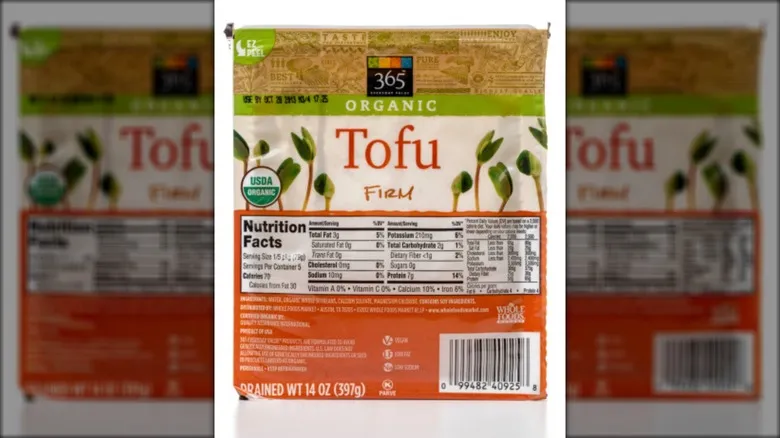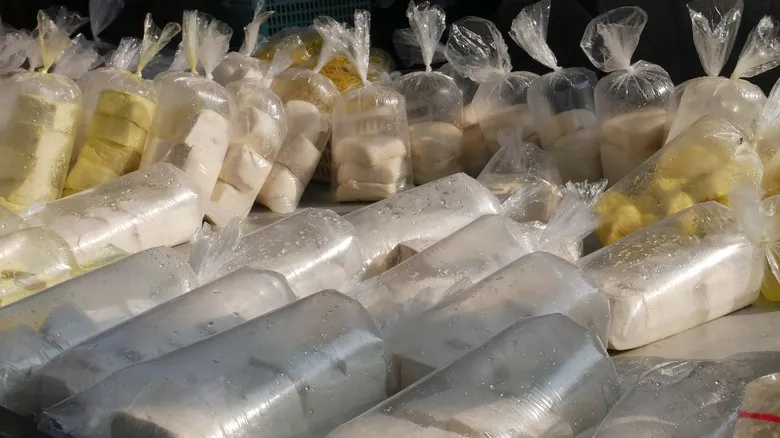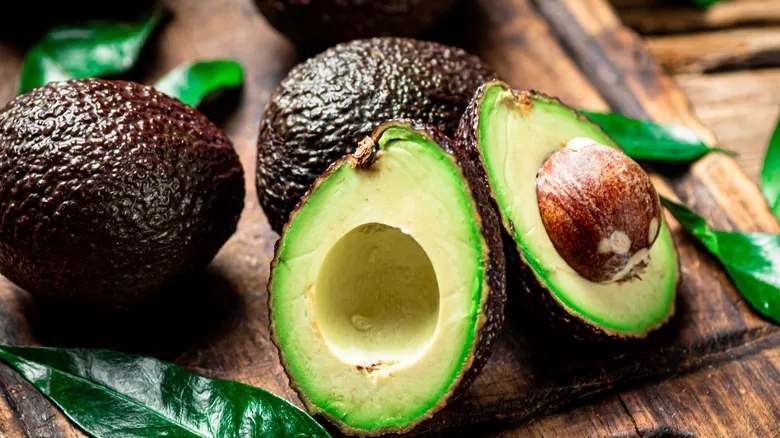What those dates on the package mean

Expiration dates on product labels can be confusing—who hasn't been puzzled by the distinction between "best by" and "use by"? To make things even more complicated, product dating is not mandatory, with the exception of baby formula. Without any regulatory oversight, many of these dates are essentially just estimates. Moreover, these dates primarily indicate the quality or flavor of the product. In other words, you can often consume food that is technically past its expiration date without any harm; it may just taste unpleasant or, at the very least, lack flavor.
Specifically, the "use by" date indicates the final day you can consume the food while still expecting it to be of good quality. The "sell by" date serves as a reminder for store employees, indicating how long the product can remain on the shelf. It doesn't directly relate to the product's safety. The phrase "best if used before," or similar variations, conveys a message akin to that of the "use by" label.
When it comes to tofu, the situation becomes more intricate. Many water-packed tofu varieties can remain fresh for an extended period as long as they stay unopened. However, once the package is opened, the shelf life begins to decrease. Additionally, there's a newer type of unopened tofu to consider: Morinaga Mori-Nu tofu, which can stay shelf-stable for a year, even at room temperature. The countdown for this product only starts once the box is opened, at which point the three-to-five-day guideline applies.
Preserving your tofu for as long as possible

Once you open tofu, there are several steps you can take to keep it fresh for as long as possible. First, place it back in the refrigerator in an airtight container. Before doing this, make sure to press out any excess water. Although it may seem unusual, fill the storage container with fresh water and submerge the tofu in it. Remember to change the water daily. Additionally, try to minimize its exposure to air, as this will help preserve its quality. Ensure that your fridge is set to a temperature of 40 degrees Fahrenheit or lower for optimal results.
If you know you won't consume the tofu within a week, consider freezing it. Be sure to drain the water and wrap it tightly in an airtight package. Freezing changes the texture and appearance of tofu, giving it a more sponge-like consistency. This can actually enhance its performance in certain recipes, such as fried or grilled dishes, which benefit from a firmer texture.
Lastly, if you're uncertain about the condition of your beloved tofu, whether frozen or not, it's best to discard it. Your stomach and sense of smell will appreciate the decision.
Recommended

How Vikings Stored Their Bread And Why It Worked

The Avocado Ripening Hacks You Shouldn't Trust

The Best Blueberry Storage Is Also The Easiest

Yes, Pasta Salad Can Be Frozen For Later. Here's The Best Way To Do It
Next up

